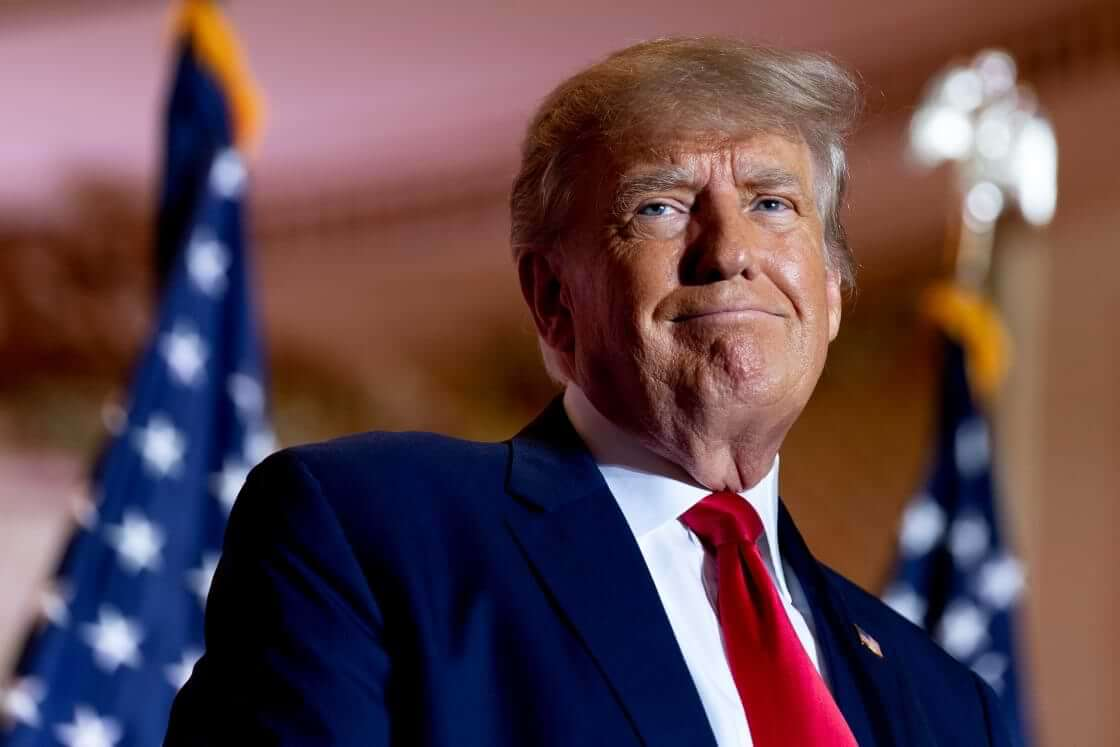Trump restated on Jan. 20 during his inaugural address that he wants to have the Panama Canal back under U.S. control.

Authorities in Panama announced on Jan. 20 that they have launched an audit of the Hong Kong-based port operator that controls ports near the Panama Canal, shortly after U.S. President Donald Trump repeated his intention during his inauguration to bring the waterway back under U.S. control.
Panama Ports Co., controlled by CK Hutchison Holdings, has been notified of the audit, according to the Panama Maritime Authority.
Video footage posted on X shows about 10 suited men and women clambering off a bus and heading into the local offices of Hutchison Ports.
“Today, our auditors arrived at the Panama Ports Company to start an exhaustive audit aimed at guaranteeing efficient and transparent use of public resources,” the comptroller general said.
Trump restated on Jan. 20 that he wants to have the Panama Canal back under U.S. control.
“American ships are being severely overcharged and not treated fairly in any way, shape, or form, and that includes the United States Navy,” he said during his inaugural address in Washington on Jan. 20. “And above all, China is operating the Panama Canal.”
While China denies having any control over the canal, it has built up significant influence in the region. Panama has stated that the canal will stay in Panama’s hands.
The Central American nation’s leader, President José Raúl Mulino, responded to Trump’s comments on Jan. 20, saying the canal belongs to Panama and will remain Panamanian territory.
“No presence of any nation in the world interferes with our administration,” Mulino wrote in a statement on X.
The canal’s administrator, Ricaurte Vásquez Morales, said earlier this month that China is not in control of the canal and that all nations are treated equally under a neutrality treaty.
He said Chinese companies operating in the ports on either end of the canal were part of CK Hutchison Holdings, noting that the consortium had won a free and fair bidding process in 1997.
Vásquez also said U.S. and Taiwanese companies operate other ports along the waterway as well.
Hutchison Ports, a subsidiary of CK Hutchison Holdings, is controlled by the family of Hong Kong billionaire Li Ka-shing and operates 53 ports across 24 countries, including the UK, Germany, South Korea, and Spain, as well as Hong Kong.
It first won 25-year concessions to operate one port at each end of the Panama Canal in 1997, the same year that the British relinquished control of Hong Kong and handed it over to Beijing. Those concessions were renewed in 2021 for another quarter century.
However, since Washington gave up control of the canal in 1999, Panama has severed relations with Taiwan, become the first Latin American nation to join the Chinese Communist Party’s Belt and Road Initiative, and awarded a consortium of Chinese state-owned companies a $1.42 billion contract to build a fourth bridge over the canal.
The United States built the canal over a decade in the early 1900s as a way to connect the Atlantic and Pacific oceans, finishing the project in 1914.
Washington relinquished control of the waterway to Panama on Dec. 31, 1999, under a treaty signed in 1977 by then-President Jimmy Carter.
The 1977 deal consists of two treaties: the Treaty Concerning the Permanent Neutrality and Operation of the Panama Canal, also known as the Neutrality Treaty, and the Panama Canal Treaty.
The Neutrality Treaty stipulates that the United States may use its military force to protect the Panama Canal from any threat to its neutrality, essentially allowing the United States to perpetually use the waterway.
Earlier this month, Trump said he wouldn’t rule out using military force to take back control of the canal, telling reporters at his Mar-a-Lago resort in Florida on Jan. 8: “I’m not going to commit to that. It might be that you’ll have to do something. The Panama Canal is vital to our country.”
Frank Feng, Reuters, and The Associated Press contributed to this report.
